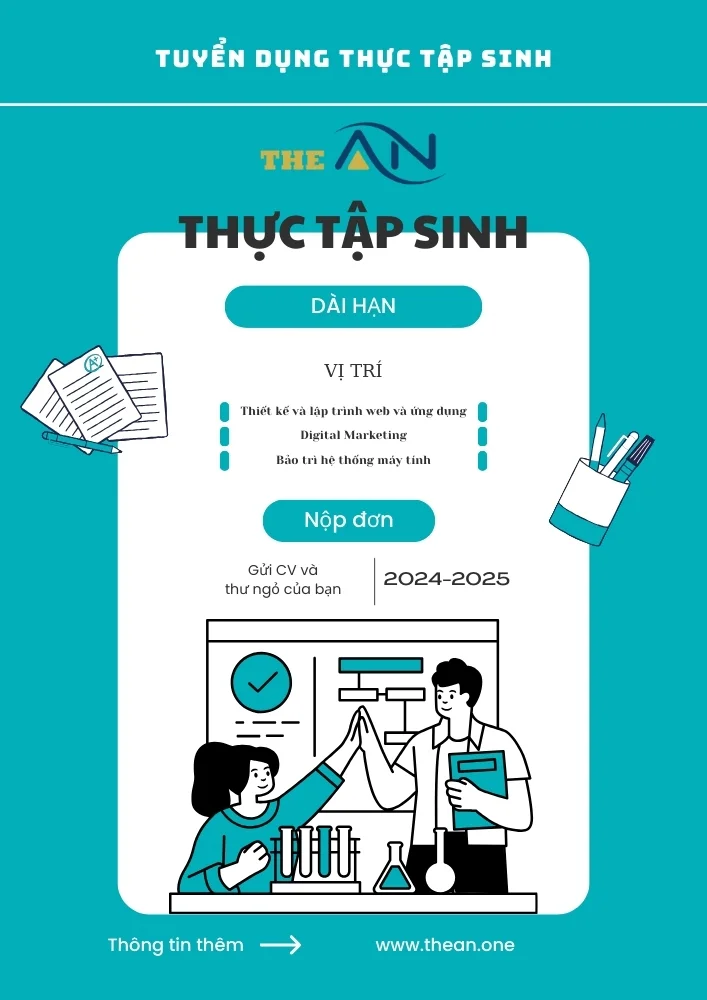Basic Rules Of Noun In English Grammar

In the last article, we discussed the details of the crucial grammar topic- Noun. It is already known that Noun is one of the most important parts of the vocabulary. A noun is a word talking about a person, a thing or an abstract idea. A noun can also answer the question of “who or what”.
The definition and kinds of nouns have already been discussed. In this article, we will have a deeper understanding of the different concepts of Numbers, Gender and Cases, related to Nouns.
NUMBER
The number of nouns is of two kinds:
- Singular: The nouns that describe a single person or object
- Plural: The nouns that refer to more than one person or object
There are several ways to make plural nouns:
1. By adding suffix -s:
| Singular | Plural | Singular | Plural |
|---|---|---|---|
| Joy | Joys | Canto | Cantos |
| Run | Runs | Momento | Momentos |
| Chair | Chairs | Dynamo | Dynamos |
| Radio | Radios | Piano | Pianos |
2. By adding the suffix -es:
| SINGULAR | PLURAL | SINGULAR | PLURAL |
|---|---|---|---|
| Glass | Glasses | Buffalo | Buffaloes |
| Bench | Benches | Potato | Potatoes |
| Bush | Bushes | Hero | Heroes |
| Church | Churches | Ego | Egos |
| Watch | Watches | Mango | Mangoes |
3. By changing the last letter y into -ies:
| SINGULAR | PLURAL | SINGULAR | PLURAL |
|---|---|---|---|
| Baby | Babies | Candy | Candies |
| Lady | Ladies | Family | Families |
| Story | Stories | Puppy | Puppies |
| City | Cities | Country | Countries |
4. Changing the spelling:
| SINGULAR | PLURAL | SINGULAR | PLURAL |
|---|---|---|---|
| Person | People | Foot | Feet |
| Ox | Oxen | Goose | Geese |
| Man | Men | Woman | Women |
| Child | Children | Louse | Lice |
| Tooth | Teeth | Son in law | Sons in law |
| Passer by | Passers-by | Mouse | Mice |
| Commander in chief | Commanders in chief | Die | Dice |
| Court-martial | Courts-martial | Person | People |
5. The plural form is taken from different origins:
| SINGULAR | PLURAL | SINGULAR | PLURAL |
|---|---|---|---|
| Radius | Radii | Aquarium | Aquaria |
| Datum | Data | Madam | Mesdames |
| Formula | Formulae | Axis | Axes |
| Analysis | Analyses | Phenomenon | Phenomena |
| Bacterium | Bacteria | Thesis | Theses |
| Dictum | Dicta | Index | Indices |
| Criterion | Criteria | Monsieur | Messieurs |
6. Nouns with different meanings in different numbers:
| SINGULAR | PLURAL | SINGULAR | PLURAL |
|---|---|---|---|
| Advice (counsel) | Bits of Advice (information) | Good (quality) | Goods (things) |
| Respect (regard) | Respects (compliments) | Force (strength) | Forces (army) |
| Ash (waste) | Ashes (body remains) | Physic (medicine) | Physics (science) |
GENDER
In English grammar we can find four kinds of Gender:
Masculine gender: A noun referring to a male person or animal is called be of the masculine gender.
Feminine gender: A noun referring to a female or an animal is called be of the feminine gender.
Common gender: A noun that can refer to both male and female genders is called be of common gender.
=> For example: person, parent, enemy, servant, neighbour
Neutral gender: A noun that refers to something that is neither male nor female is called be gender-neutral.
=> For example: paper, fruit, pencil, paper
Now let’s understand from some examples:
1. Masculine to Feminine by other words:
| Masculine | Feminine | Masculine | Feminine |
|---|---|---|---|
| Bull | Cow | Earl | Countess |
| Lad | Lass | King | Queen |
| Bachelor | Spinster | Husband | Wife |
| Dog | Bitch | Stag | Deer |
| Drake | Duck | Wizard | Witch |
2. Masculine to Feminine by adding a syllable without dropping a vowel:
| Masculine | Feminine | Masculine | Feminine |
|---|---|---|---|
| Author | Authoress | Shepherd | Shepherdess |
| Poet | Poetess | Hero | Heroine |
| Steward | Stewardess | Host | Hostess |
3. Masculine to Feminine by adding a syllable and dropping a vowel:
| Masculine | Feminine | Masculine | Feminine |
|---|---|---|---|
| Actor | Actress | Duke | Duchess |
| Tiger | Tigress | Master | Mistress |
| Waiter | Waitress | Emperor | Emperess |
4. Masculine to Feminine by placing a word before or after:
| Masculine | Feminine | Masculine | Feminine |
|---|---|---|---|
| Grandfather | Grandmother | Salesman | Saleswoman |
| Landlord | Landlady | Headmaster | Headmistress |
| Policeman | Policewoman | Manservant | Maidservant |
Important Note:
A few nouns that are considered to be graceful, lovely, and soft, such as the moon, the earth, nature, spring, nations, and ships, are considered as feminine nouns.
Some words, such as the sun, time, death, winter, wind, summer, thunder, ocean, war, and wine, are classified as masculine because they denote strength, firmness, and activity.
Cases
There are different kinds of cases of nouns to define the actions or role the nouns play in a sentence:
Nominative Case: if a noun is the subject of a verb it is said to be in the Nominative case.
For example: Rahul is the tallest in his class.
Objective Case: When a noun is the verb or preposition’s direct object, it is said to be in the objective case.
For example: Write your paper!
Possessive Case: When a noun indicates ownership or possession, it is in the possessive case.
For example: This is my house.
Vocative Case: When a noun is used to call, it is in the vocative case (to get attention).
For Example: Neha, please come here!
Dative Case: When a noun is in the indirect object of a verb it is in the Dative case.
For Example: Rohan brought me chocolates.
Thus, the three very important properties of nouns are now clear to you. In the different govt. exams the questions related to numbers, genders and cases are asked as Spotting errors, Sentence Improvement and Fillers. To understand the usage of nouns, you can refer to the next part of the topic.
Quý anh/chị đang tìm kiếm một doanh nghiệp uy tín cung cấp dịch vụ Công Nghệ Thông Tin như Thiết kế và lập trình website, Digital Marketing, hoặc dịch vụ Bảo trì và chăm sóc hệ thống máy tính, ...? Đừng ngần ngại hãy liên hệ với The ÂN qua số điện thoại (+84).326.418.478 để được tư vấn cụ thể, hoặc liên hệ qua mẫu tin.
Các thông tin nổi bật khác:









